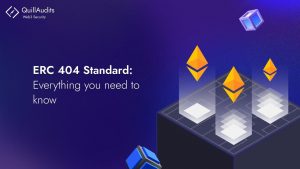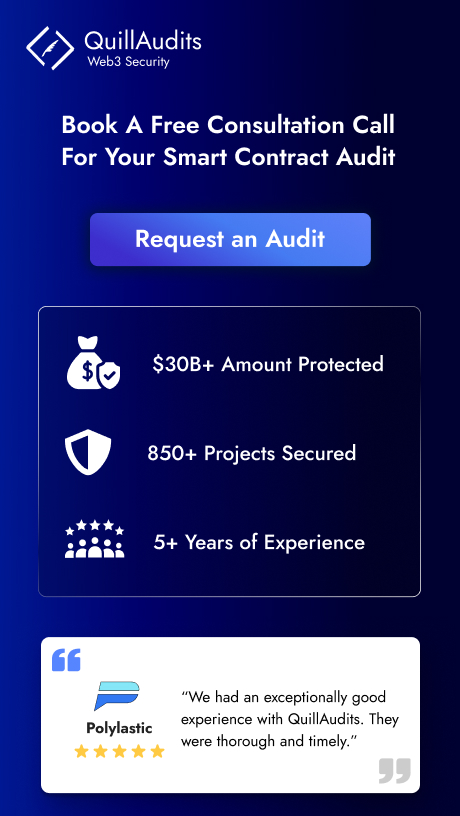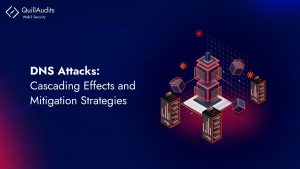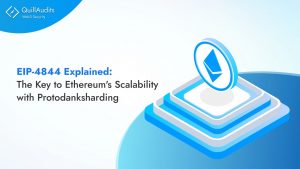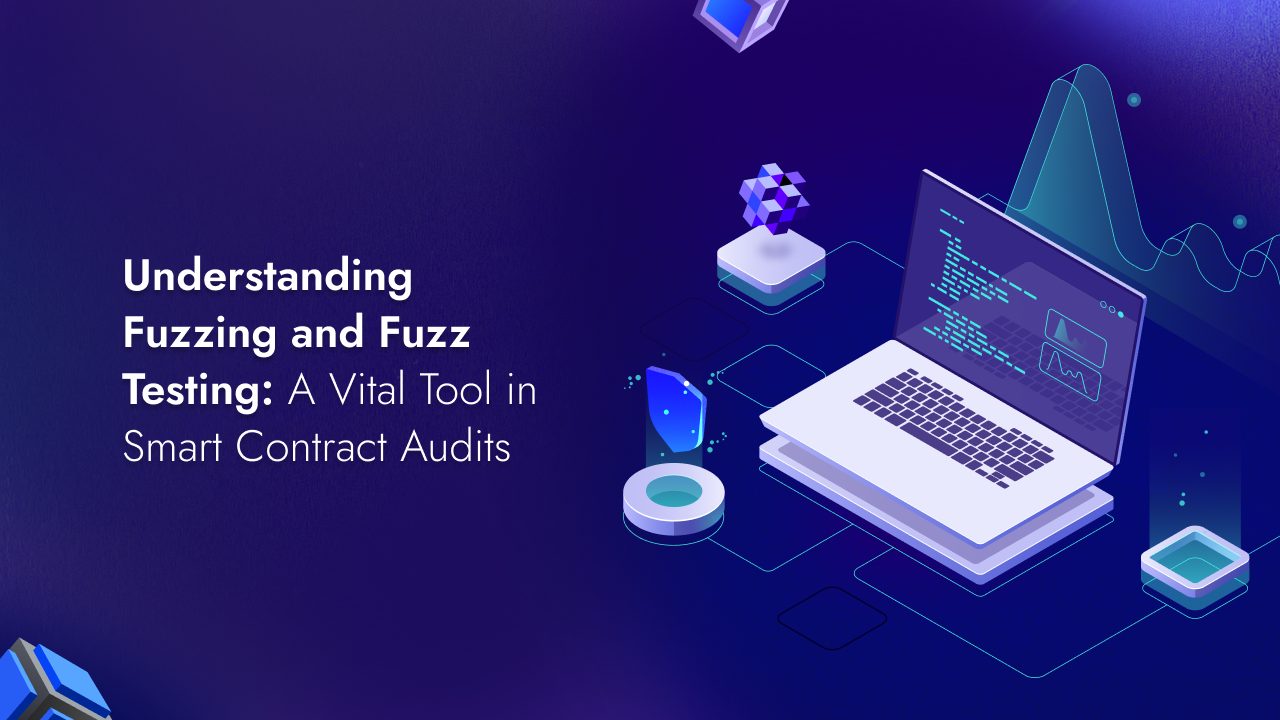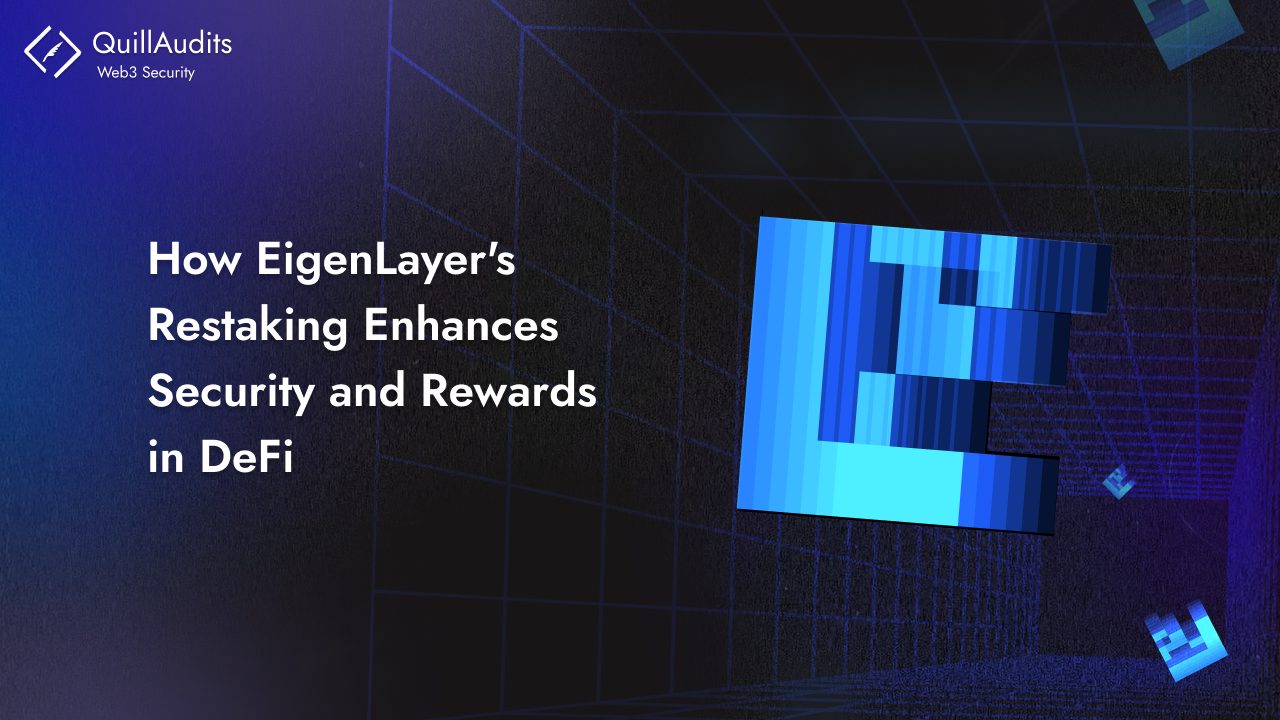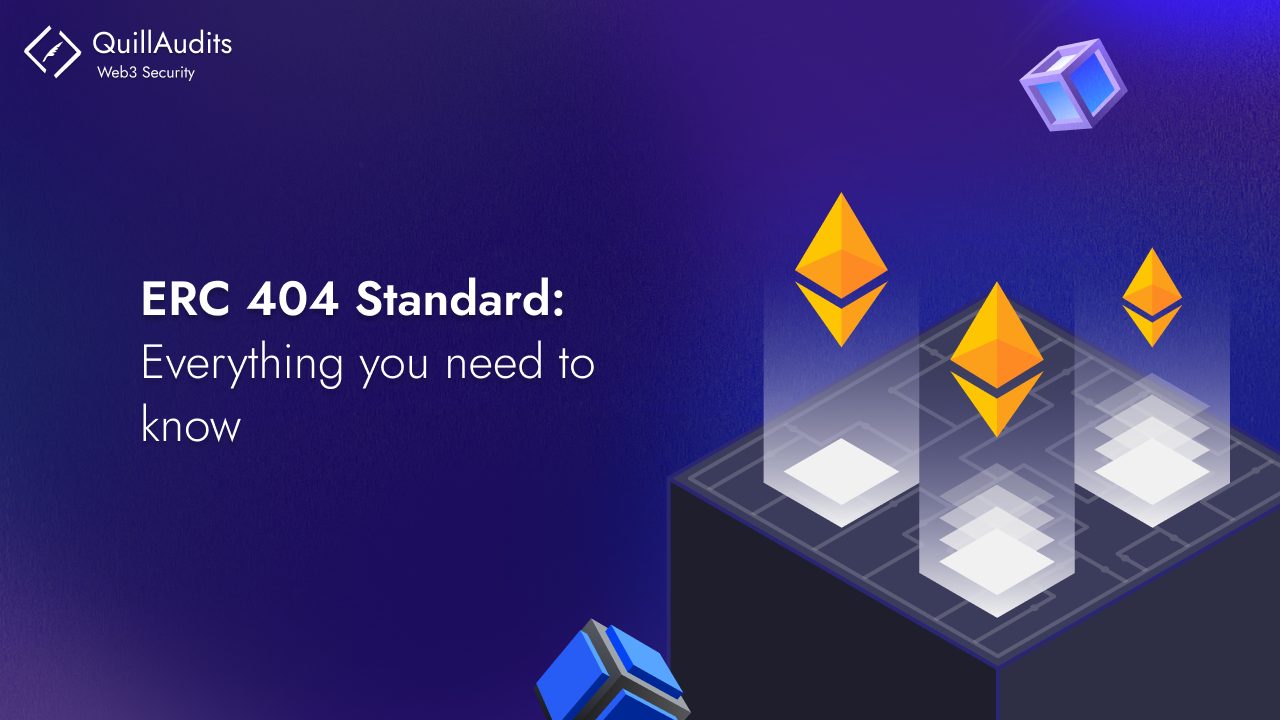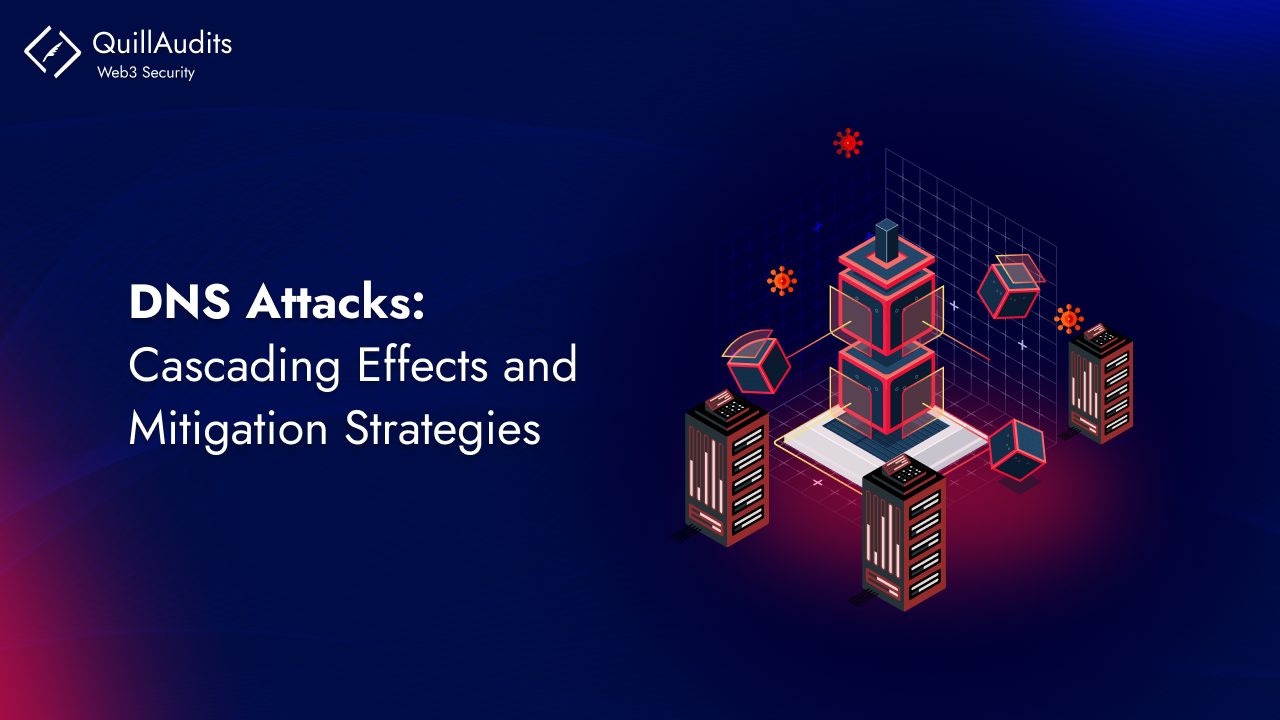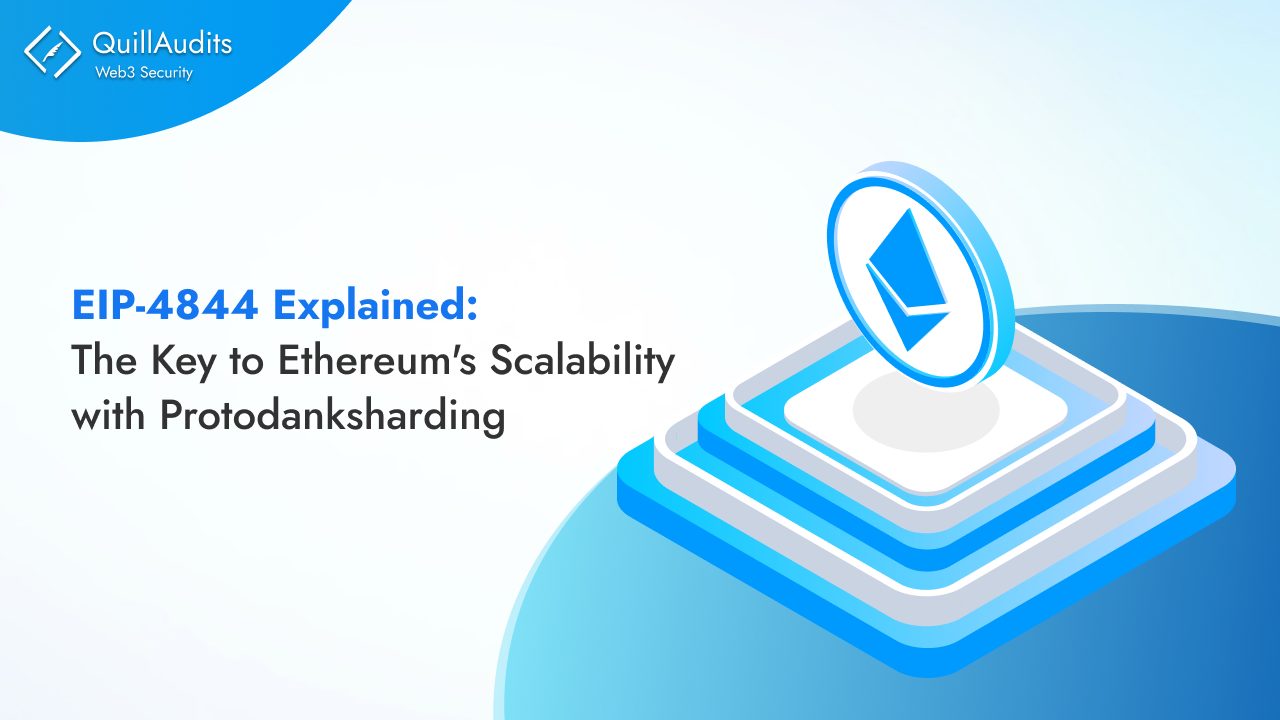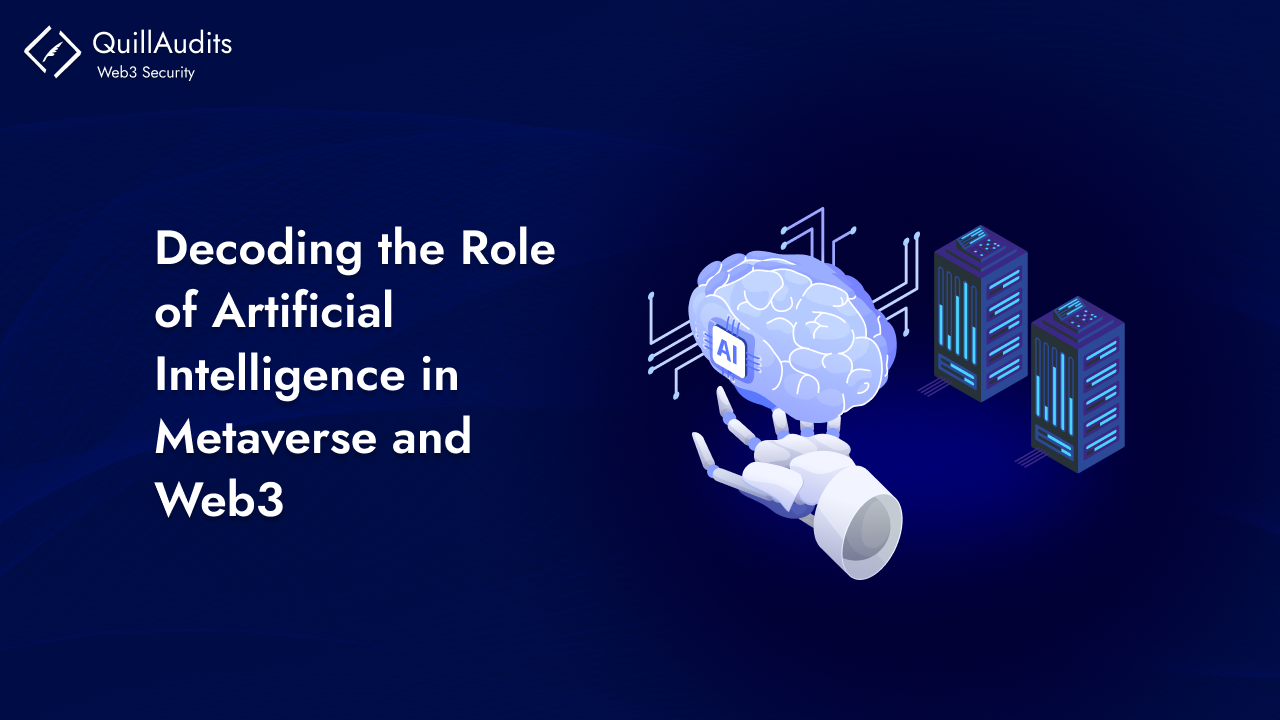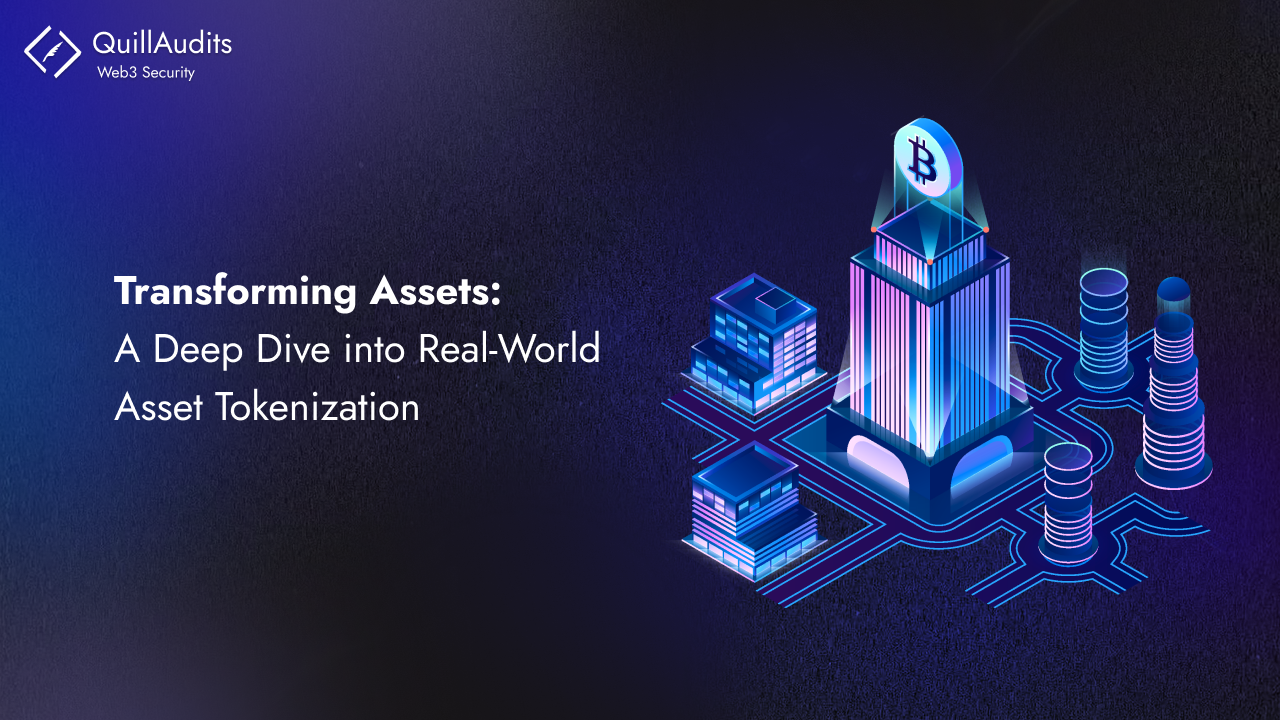Smart contracts are the very heart of the DeFi ecosystem, but even beyond DeFi, their appropriateness in a Blockchain-based application has no bounds. If your DeFi smart contracts are vulnerable, so is your application.
These are the prewritten lines of code representing pre-approved terms and conditions that are executed automatically on the Blockchain network when certain conditions are met.
Smart contracts can be thought of as a digitalized contract which has no involvement of any third party.
Once a smart contract has been deployed, it runs as the developer has designed it. You can not modify it but only deploy a new one.
The DeFi smart contracts audit process
Now, why do we need smart contracts audits, and more importantly, when should we get our smart contracts audit are extremely important questions, the knowledge about which is critical for the success of your product.
The Security Audit of the smart contracts process follows a strict methodology, assuring security beyond just reviewing the code. Let us list out some general steps to understand on a very high level how audits are done.
- Source code lock-down to ensure code behaves as documented
- Familiarisation with the contract terms and conditions to understand the desired functionalities of the contract
- Code Review to know the general quality of the design of the project
- Testing for vulnerabilities either manually or by using automated tools to scan for common vulnerability
- Code quality Analysis to verify that best practices of contract programming are being followed, along with other general software engineering guidelines as well.
- Unit testing to conduct functionality analysis of the contract and ensure intended behaviour of contract is documented. Setting gas consumption limits for functions also comes under this step.
- Additional testing with automated tools for thorough and deep audit for any potential bug or error
- Generating end-to-end audit report specifying the identified issues, fixes applied, and other necessary details regarding the smart contract audit.
When do we need a smart contract audit?
No matter how experienced a developer is, anyone can commit mistakes. Therefore, getting your smart contract audited before it is deployed is highly advised. This includes getting a complete well-drafted audit report to ensure that there are no bugs or potential hacks possible in your smart contract.
However, one of the main reasons why smart contract audits are not that common is that a thorough audit takes a lot of time ranging from a few days to weeks to even months. This is purely based on the use-case and the purpose served by the smart contract. Therefore, people who are excited about getting their smart contract out in the market as soon as possible do not generally prefer getting involved in a long audit process.
Here, another approach can be followed. Giving preference to time, the smart contract should be audited through an automated security process that takes considerably less time. In the meantime, the process of manual thorough testing should be initiated in parallel.
If you launch or deploy an unaudited contract, security breaches, theft of funds, or market manipulation among several other possible vulnerabilities will end up halting your business application.
It is highly recommended to conduct the audit before the code is deployed on the Ethereum platform.
If not done at the right time, an audit can also result in the realization of large structural changes in the contract.
If your smart contract has already been deployed, it is still not late to get it audited. Once your use-case gains its share of popularity, it will also attract the interest of hackers. Therefore, it is never late to get your contract audited.
In case your contract has already been hacked and you have resolved the bug that led to that particular hack, it is a clear indicator that you need a thorough smart contract audit because one hack opens the doors to more hacks.
Lastly, if you got your contract audited in the best possible way and it has been a long time, get a new audit. With the rapidly evolving ecosystem, new vulnerabilities surface every now and then. For instance, if your smart contract is dependent on an oracle for any reason and that oracle has gone through some updations which have opened it up to some hacks. This means that potentially your smart contract is vulnerable to attacks made on that particular oracle.
Conclusion
When it comes to answering “when to get your smart contract audited” any time is as good as any. Although an audit before deployment is recommended that does not mean that if you have already deployed your contract you do not need an audit anymore. Being secured in the DeFi space is a constant struggle, but the end result is worth it.



